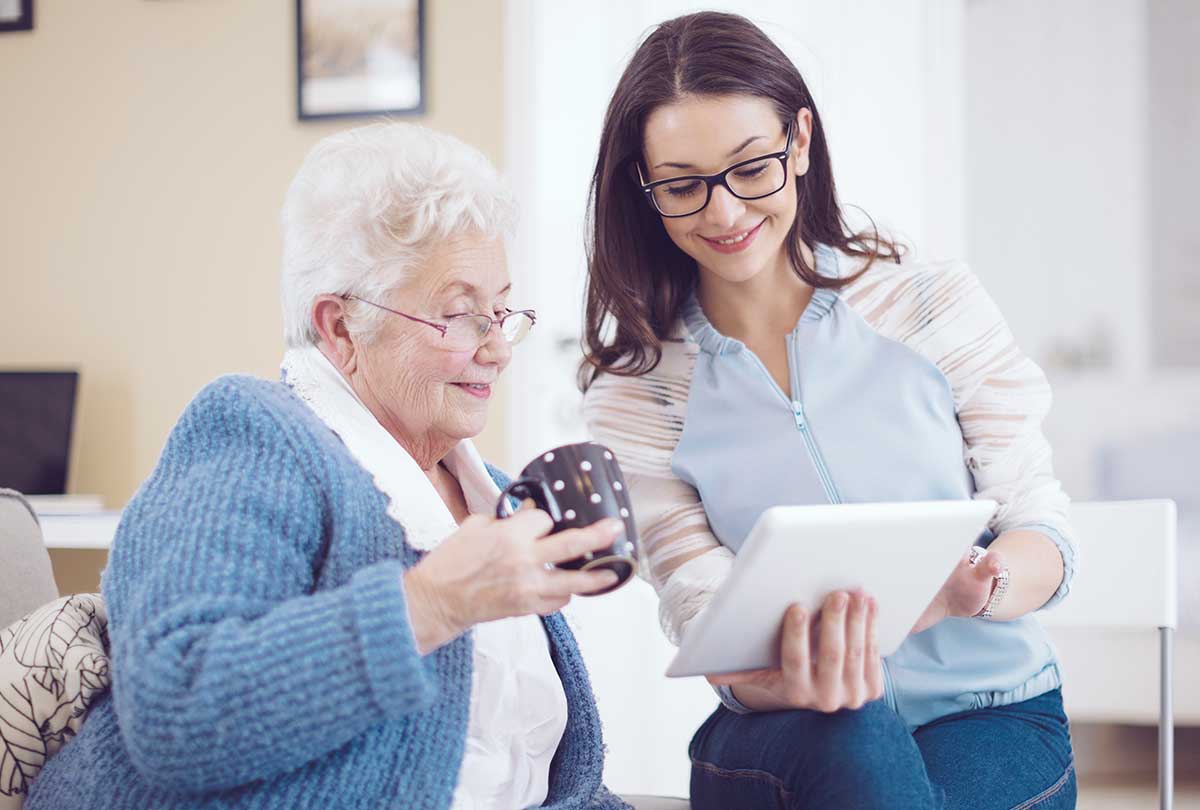Tips After Taking Elderly Care Courses for Turning Skills Into Action

Completing an elderly care course is a significant achievement—it equips you with the knowledge, empathy, and practical skills needed to support seniors in living healthier and more dignified lives. However, finishing the course is only the beginning of your journey. The real impact comes from how you apply your learning in daily practice, whether you are working professionally in a care facility, providing home-based care, or supporting aging family members. With the right strategies, you can transition smoothly from training to real-world caregiving. This article explores 10 essential tips to follow after completing elderly care courses to maximize your skills and create meaningful results.
1.Apply Your Knowledge in Real Situations
Once your course is completed, the best way to strengthen your skills is through practice. Start by applying the techniques you learned—such as mobility assistance, medication management, or communication strategies—with seniors in real-life settings. Even volunteering at a local community center can help you put theory into action. Practical application not only boosts confidence but also helps refine your caregiving approach.
2.Keep Learning and Stay Updated
Elderly care is a dynamic field influenced by advancements in healthcare, psychology, and technology. After finishing your course, don’t stop learning. Attend workshops, webinars, or advanced certifications related to geriatric care. Staying updated with new techniques and medical trends ensures you provide the highest quality of care while also enhancing your professional credibility.
3.Focus on Building Patience and Empathy
While courses teach technical skills, caregiving also requires emotional resilience. Patience and empathy are crucial because seniors may move slowly, struggle with memory, or express frustration. After completing your training, consciously work on strengthening these traits in real-life situations. Practicing empathy helps you connect better with seniors, improving both their comfort and your caregiving effectiveness.
4.Learn to Communicate Clearly
Communication is central to elderly care. Seniors may have hearing impairments, cognitive limitations, or language barriers that make conversations difficult. Use simple words, maintain eye contact, and practice active listening. After your course, make it a habit to check for understanding rather than assuming. Clear communication prevents misunderstandings and creates trust between you and those in your care.
5.Develop Strong Observation Skills
One of the most valuable things you can do after training is sharpen your ability to notice subtle changes in seniors’ behavior, mood, or physical health. Early detection of issues such as reduced appetite, fatigue, or confusion can prevent serious problems later. Practicing careful observation ensures you can act quickly, whether it means reporting to medical professionals or adjusting care routines.
6.Prioritize Self-Care Alongside Caregiving
Caring for seniors can be physically and emotionally demanding. Many new caregivers focus so much on others that they neglect their own health. After completing your course, create a self-care routine that includes proper rest, balanced nutrition, exercise, and emotional support. Remember: you cannot pour from an empty cup. Healthy caregivers are more effective, resilient, and compassionate in their roles.
7.Build Strong Relationships with Families
Elderly care doesn’t just involve seniors—it often extends to their families. Families want reassurance that their loved ones are in good hands. After completing your course, focus on strengthening communication with families by updating them regularly, listening to their concerns, and involving them in care decisions. Building these relationships increases trust and cooperation, creating a more supportive environment for the elderly.
8.Embrace Technology in Caregiving
Modern elderly care increasingly uses technology, from health monitoring devices to digital communication tools. After finishing your training, familiarize yourself with apps, medical alert systems, and telehealth platforms. Using technology helps track health metrics, ensures timely medication, and makes communication with healthcare providers easier. Embracing these tools makes caregiving more efficient and effective.
9.Seek Professional Experience or Career Opportunities
If you completed an elderly care course to advance your career, the next step is finding practical opportunities. Apply for roles in nursing homes, assisted living centers, hospitals, or home care agencies. Hands-on experience not only improves your skills but also helps you build a career path in healthcare. Some people even go on to specialize in dementia care, palliative care, or rehabilitation, opening doors to advanced roles.
10.Reflect and Grow Personally
Finally, caregiving is more than a job—it’s a journey of personal growth. After finishing your course, take time to reflect on what you’ve learned and how it has changed your outlook on aging, health, and compassion. Keep a journal to track your progress, challenges, and successes. Reflection strengthens your emotional resilience and helps you stay motivated in the long run.
Completing an elderly care course and professional caregiver training is the first step, but real growth comes after training when you apply your skills in meaningful ways. At the same time, you grow both personally and professionally, paving the way for a fulfilling career in caregiving. Remember, elderly care is not just about assisting with daily needs—it’s about creating dignity, respect, and joy for the people who once cared for others. By following these tips, you’ll transform your training into impactful action, making a lasting difference in the lives of seniors and their families.



